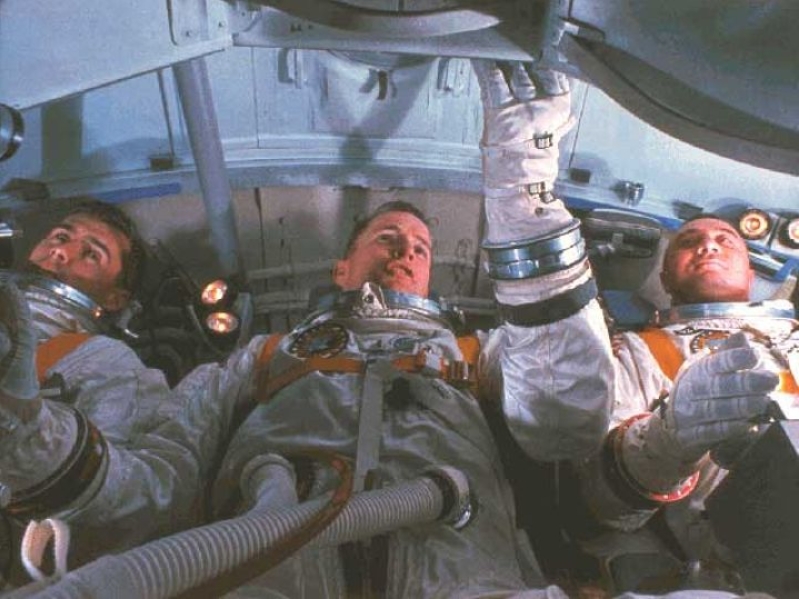
While January is more often than not the sign for renewed hope as a new year has just kicked off, it is a sombre moment for NASA. The space agency continues their remembrance of the astronauts who lost their lives in a trio of tragic spaceflight disasters. January 27th is the 50th anniversary of the first major disaster for NASA, known as the Apollo 1 fire. It was on January 27, 1967 that a fire happened within the cramped confines of the Apollo command module in a preflight rehearsal test. This particular fire claimed the lives of three astronauts who had no way out.
There were another two spaceflight accidents that also claimed lives around the same time, but at different years. On January 28, 1986, the space shuttle Challenger took off before exploding 73 seconds after that. There were no survivors at all, with all seven of the Challenger’s crew members perishing onboard. In more recent times, February 1, 2003, was when the space shuttle Columbia simply disintegrated as it entered the earth’s atmosphere, claiming the lives of another seven astronauts in the process.
In order to remember the brave men and women who lost their lives while forging new frontiers for humankind, NASA does hold a series of ceremonies on an annual basis. NASA's Kennedy Space Center in Florida has unveiled a brand new Apollo 1 tribute over in its visitor complex at the Apollo/Saturn V Center. There is also the official "Day of Remembrance" that will happen this Tuesday, January 31, 2017, where NASA will hold an observance as well as wreath-laying ceremony over at the Arlington National Cemetery in Virginia. This ceremony will happen by the graves of two Apollo 1 astronauts: Virgil "Gus" Grissom and Roger B. Chaffee.
While the situation might be poignant for many, it should be noted that these tragedies have allowed NASA and America to come out stronger from the ordeals. Despite setting back the race to the moon by more than a year, it has allowed us to learn what went wrong and the kind of mistakes to avoid in the future. Basically, it allowed human spaceflight to be a whole lot safer for those who walked after them. The Apollo 1 mission was originally meant to be the first of several crewed flights that NASA will conduct, in order to prepare everyone for the very first moon landing. However, Apollo 1 did not even experience a liftoff, but was destroyed by an internal fire close to a month before the February 21, 1967 planned launch date.
One of the biggest mistakes learned from this experience was to pump in pure oxygen into the Apollo 1, as opposed to having a balance of oxygen and nitrogen just like what our earth’s atmosphere is like. This made the Apollo 1 extremely flammable, and other combustible materials such as Velcro, nylon netting, foam pads and plenty of wiring was the perfect recipe for disaster.
Let us take a moment to remember the heroes in the past who gave their lives in the service of the nation so that we are able to progress and make great strides in spaceflight today, and perhaps even space travel for the masses in the future.






